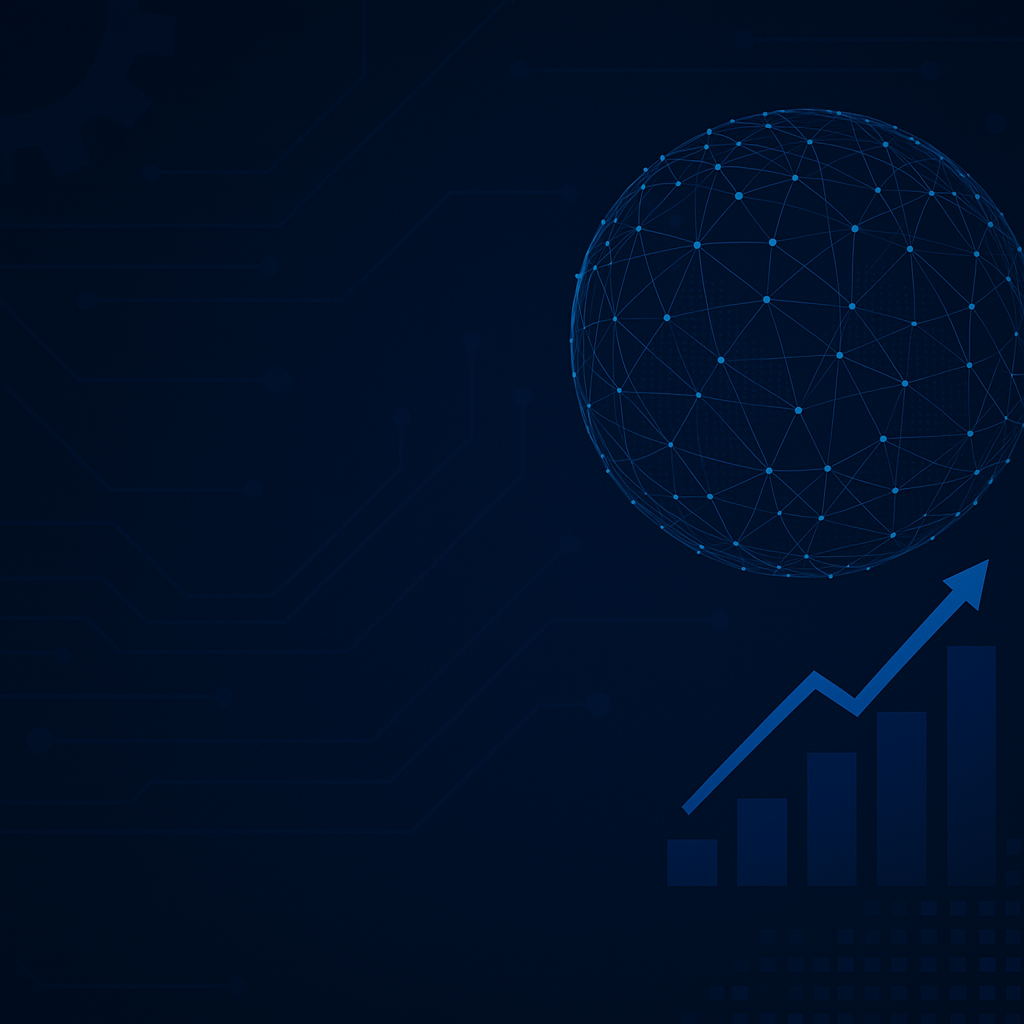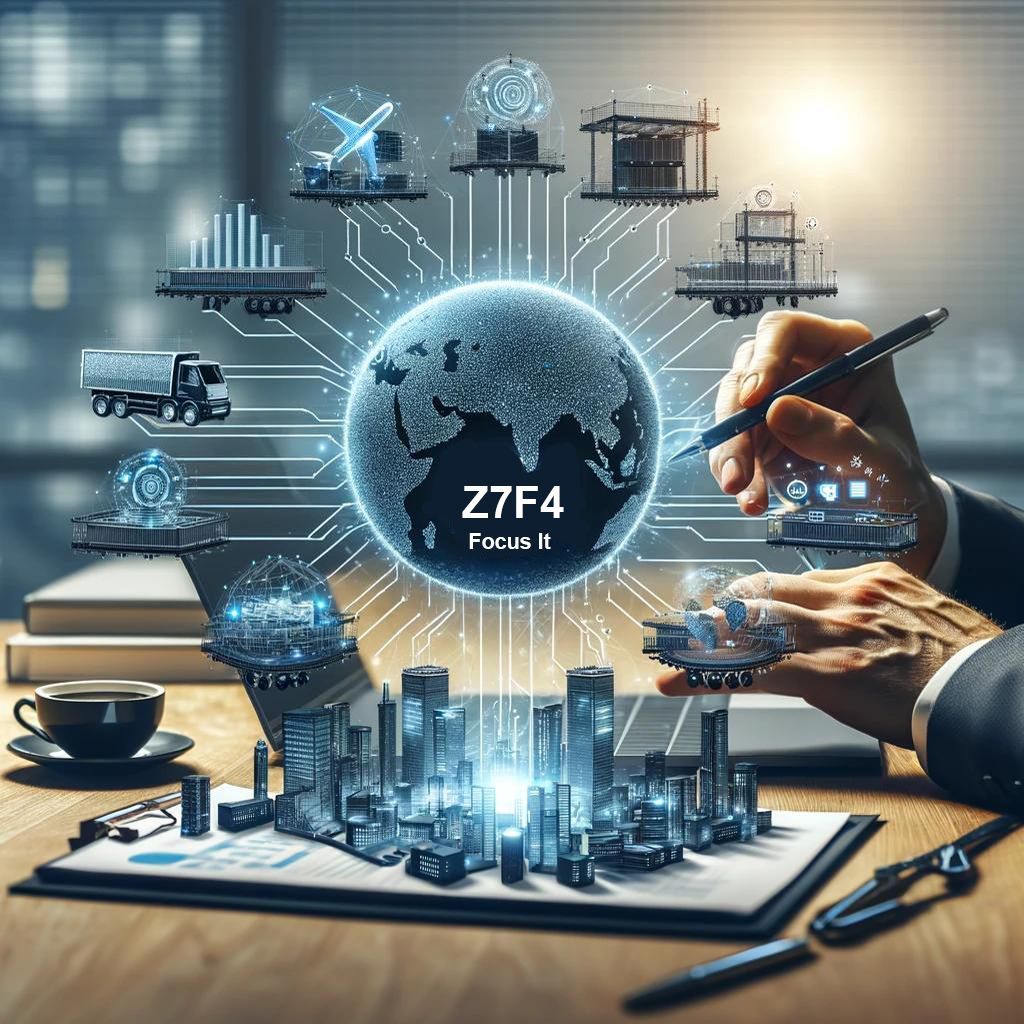How 5G will transform the way we consume technology
By: SAP Brazil
By: SAP Brazil
New 5G technology standard allows new functionalities to be accessed through mobile devices and follows the evolution promoted by Internet of Things
Brazil is moving towards the implementation of 5G technology. In mid-June, the Official Gazette published a decree that allows the automatic renewal of radiofrequency licenses for telecommunications companies, which would begin to expire in November of this year. The auction for new licenses that will allow the deployment of 5G can be postponed to 2021 by the National Telecommunications Agency (Anatel).
While legal issues are being defined, what is being discussed are the transformations in the form of consumption that this technology offers, such as greater connection speed and file transfer, the ability to connect to numerous devices, and generate improvements in audio quality and video definition.
Much greater ability to transfer information
Comparing the response time of current frequency ranges for 5G should considerably improve the user experience. While in 4G the latency is 60-98 milliseconds, in 5G it can be reduced to less than one millisecond.
Pulse for Industry 4.0
The 5G has the potential to boost the so-called fourth industrial revolution by offering higher production speed through wireless connection, optimizing physical spaces with the elimination of wires and cables. The technology will promote increased productivity and competitiveness in the industrial environment, enabling the connection between equipment, treating a much larger amount of data and connecting the factory floor, so that production lines can be reconfigured at record speed.
User experience and smart cities
With viability to drive digital economy and affordable cost, since 5G is connected from the access to aerial signals, eliminating the need for technical support for network installation, the new technology can offer varied online experiences for users. Such as conducting payment transactions in real time, using autonomous car services and other resources from the Internet of Things, which can make life easier and services faster. Enabling the development of intelligent cities.
5G should bring about a significant change in the connectivity models we use today, boosting different sectors of the economy, especially the industrial, logistics and health sectors. With the possibilities of monitoring information in real time and the rapid exchange of information, which will help to personalize in even more detail the services performed in each sector.
Source: SAP Brasil
Follow the communication channels of Focus IT: Facebook / LinkedIn / Instagram
Focus It News













